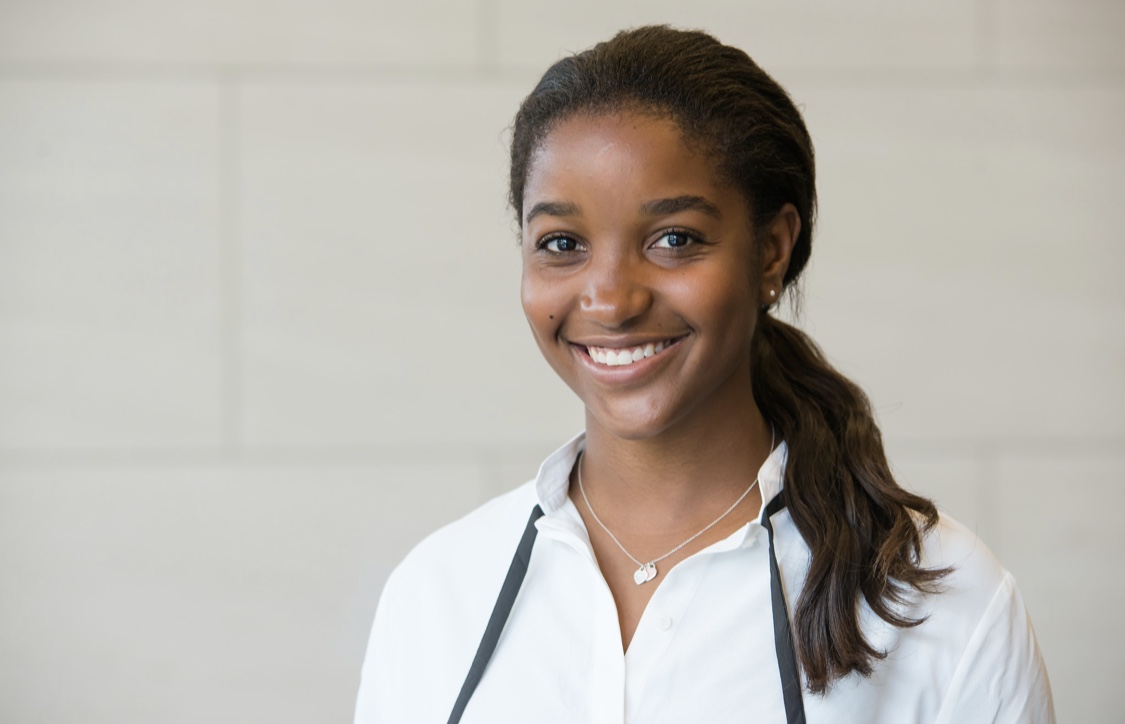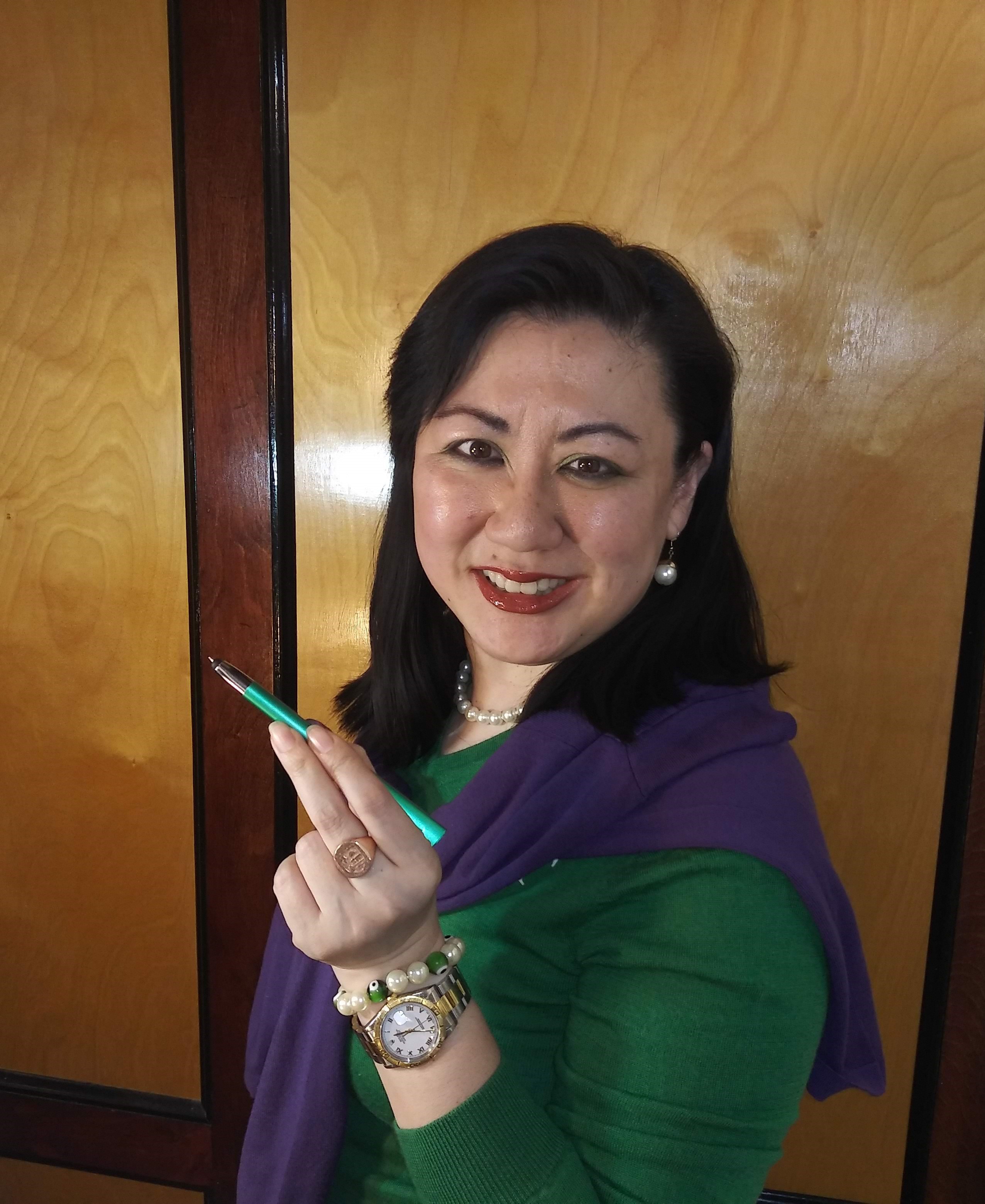
On May 12th, rising junior Danielle Geathers began her first day as President of the Undergraduate Association at the Massachusetts Institute of Technology (MIT). The twenty-two year old engineering major is the first Black woman to serve in the role. With her choice of Asian American female Yu Jing Chen for Vice President, the duo represents the most diverse administration that has led student government in MIT’s history. With a message of “Unity, Equity, Authenticity,” the team plans to empower multi-cultural voices at the university.
I was honored to interview the Miami-Dade native Geathers, who is a National AP Scholar and a 2018 Silver Knight Award Winner.
What inspired you to run for student body President of MIT?
When I came to campus as a freshman, I didn’t see the Undergraduate Association (UA) as an effective mode for change. I participated on the Student Support and Wellness Committee in the UA that year but I didn’t feel connected to the other aspects of the government. In my sophomore year, however, I was appointed Officer of Diversity, which is a cabinet position, and I also chaired the Community and Diversity Committee. This step-up helped me to see the real potential for impact of the UA and I wished our government did more to support different communities on campus. I had a clear vision for the UA being more visible and supportive of its students so I decided to pursue that vision by running for President.
How do you plan to empower the multi-cultural voices at the school?
I began this effort during my tenure as the Officer of Diversity. I met with student organizations on campus, learned their concerns, and advocated for them with the administrators. I envision that effort continuing with the establishment of a Diversity Council to better facilitate improved, ongoing communication for individual organizations with the Undergraduate Association. I believe these organizational changes will amplify and empower the multicultural voices at the school.
What are your goals for the next three months?
The next three months will be focused primarily on COVID-19 and contributing to MIT’s plan for repopulation in the fall. Ultimately, our goal will be to ensure that we create the best mechanism for channeling undergraduate students’ concerns and desires to the Institute’s decisionmakers. While the repopulation decision will not be made by students, we can make sure that the decisions are as student-informed as possible. Additionally, we are confronting the systemic racism on our campus, and we look forward to pushing MIT to be more anti-racist by instituting Indigenous Peoples’ Day and creating a memorial on campus for the history of race at MIT.
How does an MIT education support your work on diversity?
MIT has garnered world-wide respect as an academic institution. The MIT experience is so much more than just going to class or doing homework. As an MIT student, I have access to many of the most respected minds in the world and I am able to use my voice to help establish new approaches to our prevailing challenges. The current nationwide enthusiasm for anti-racist policies makes for extraordinary timing and I am excited to see how we can change as an institution.
Why was it important for you to have Yu Jing Chen on your team?
Yu Jing is a powerhouse who has a demonstrated history of successful activism. She brought an outside perspective to our government and a new energy needed to catalyze the change needed within our community.
Which books will freshmen receive as part of your inclusive recruitment project?
The book initiative was a product of the Community and Diversity Committee I chaired. Admitted students expressed an interest in receiving a book and completed a basic interest survey. We matched the admitted students with current students based on common interests and allowed the current students to recommend books. I recommended Outliers by Malcolm Gladwell and Americanah by Chimamanda Ngozi Adichie, for example.
How does the Talented Ten program increase the matriculation rate of Black women at MIT?
I designed Talented Ten as a mentorship program to identify ten accomplished high school juniors who identify as Black women and have demonstrated an interest in STEM. Each participant was matched with a Black woman from MIT. We will do virtual webinars on admissions, financial aid, and life at MIT. During the fall, the mentors and I will assist the participants with their college applications. We hope to increase both the number of Black women who get into MIT and the number of Black women who choose to enroll.
How are you shifting student government to have a bigger policy focus regarding national issues such as COVID-19, new Title IX regulations and racial inequality?
When we took office, one of our first actions was to create a committee to focus on COVID-19 because we knew that the Institute had major decisions to make about repopulation in the Fall, and we wanted to make sure that a broad base of student input was included in any decisions. Regarding the new Title IX regulations, our Officer of Diversity is a part of MIT’s committee focused on the implementation of the new regulations and will help guide policies moving forward. In terms of racial inequality, our student government is working directly with our administration to create a diversity, equity, and inclusion-focused strategic plan for the future. We are also developing a Diversity Council which was part of my campaign platform to increase the role that the Undergraduate Association plays in addressing racial inequality.

